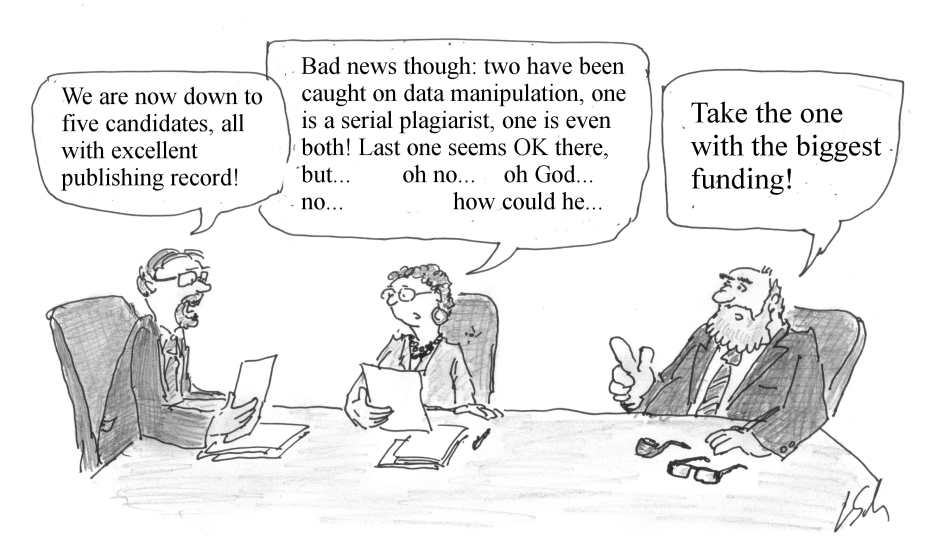The California stem cell agency and the Golden State's robust scientific stem cell community received some notice this week in the the Los Angeles Times, the state's largest circulation newspaper.
It came in the form of an op-ed article that decried the booming business enjoyed by unregulated stem cell clinics, a field where California leads the nation. The Times says it has 1.4 million readers daily and 2.4 million on Sunday.
Usha Lee McFarling, a Pulitzer Prize-winning journalist and currently an artist in residence at the University of Washington, wrote the article discussing the issues surrounding the dubious clinics and their considerable risks, which do not seem to discourage those seeking help. She said,
"So why do patients keep streaming in for treatments that cost thousands of dollars? Part of the reason, I suspect, is that stem cell research — the serious, scientific kind — has gotten so much hype in recent years. We’ve all heard about how some stem cells have the power to become any type of cell in the body and might one day offer cures for all manner of crippling and degenerative diseases. If you can jump the line, and get those treatments now, why not do it?
"Here’s why: Because the days of miraculous cures, if they come, are far in the future. Today, there is only one federally approved stem cell product: the limited use of blood-forming stem cells to treat certain blood disorders. Scientists are just beginning to learn how to harness the power of stem cells, and the harsh reality is that clinical trials that could turn that knowledge into effective therapies will take years, if not decades."
McFarling continued,
"California is in an odd position. It is the state with the most stem cell clinics in the country offering these unproven 'cures.' It also happens to be a world center of serious scientific stem cell research, thanks to a $3-billion ballot initiative, Proposition 71, passed by voters in 2004 to fund research."
She noted the fledgling efforts at the state and national level to deal with the dubious clinics. McFarling wrote,
"Here’s an idea in the meantime. The many scientists who have benefited from taxpayer support of stem cell research in the state should start speaking out. After all, the hype from proponents of Prop. 71 (which created the state stem cell agency) is part of what created such high expectations for quick cures – and eagerness on the part of patients to get them. Scientists should now take every opportunity both to explain to the public the long-term goals of their research and the absurdity of the so-called cures now flooding the market."
Our take: Her advice to California researchers is sound. However, it should be noted that a number of researchers, notably Paul Knoepfler at UC Davis, have been sounding warnings for years. The mainstream media, meanwhile, largely ignored the problem. It took two scientists to do the legwork, which could have been done by journalists as well, that has been the key building block behind the current regulatory efforts, which are still in their infancy.








